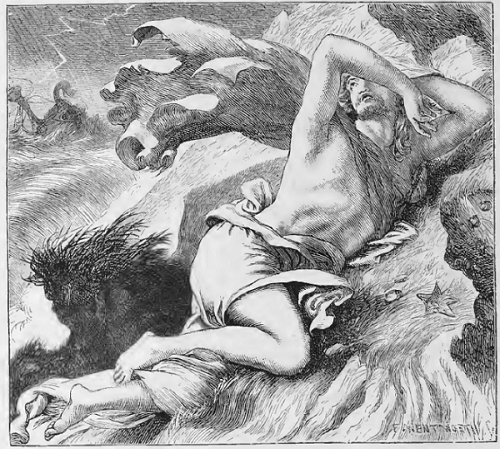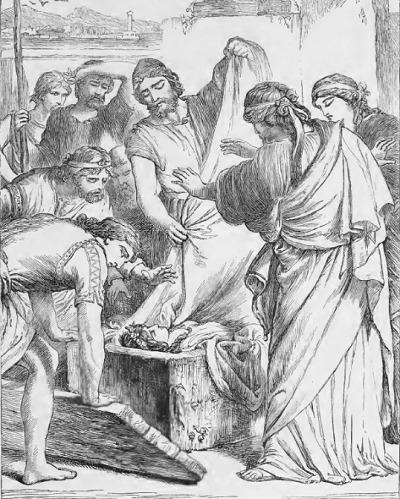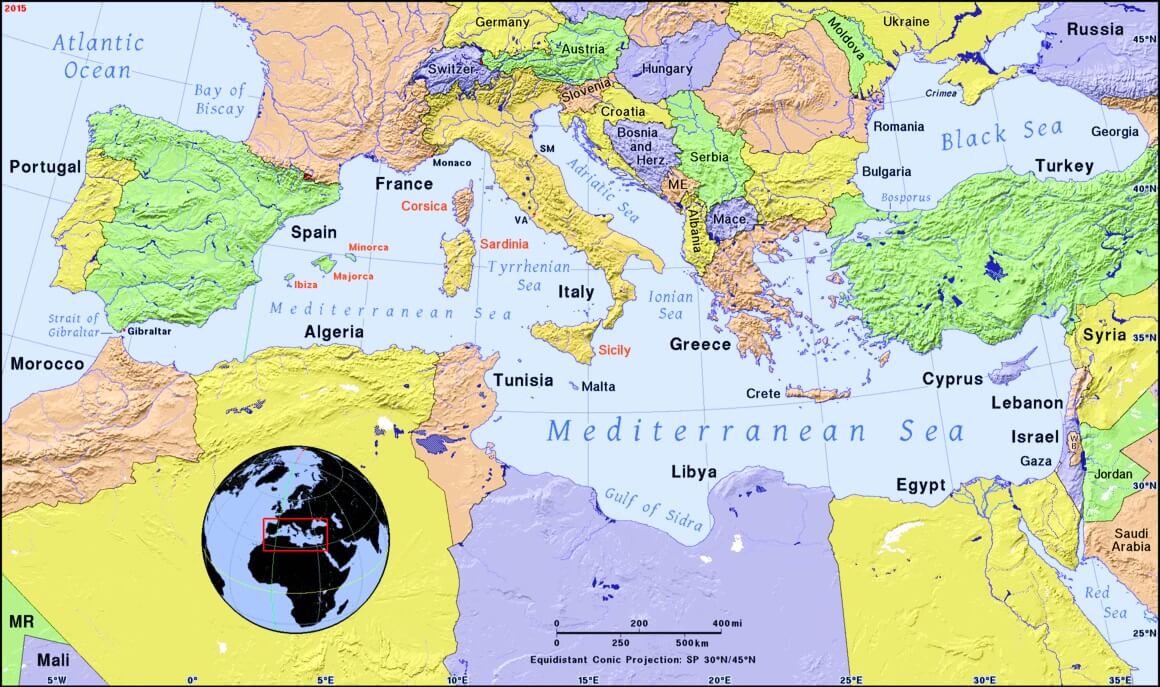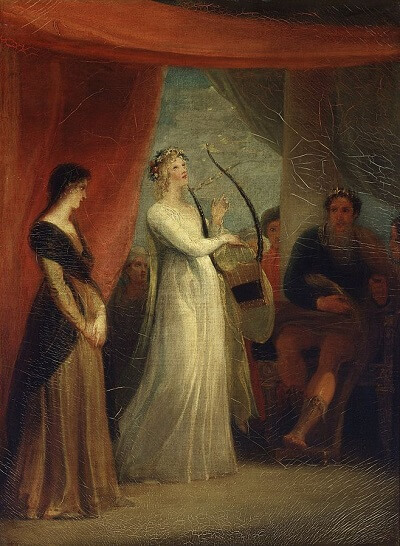 Beautiful Stories from Shakespeare II
Stories from Shakespeare II
Beautiful Stories from Shakespeare II
Stories from Shakespeare II



 Beautiful Stories from Shakespeare II
Stories from Shakespeare II
Beautiful Stories from Shakespeare II
Stories from Shakespeare II

Study the assigned Shakespeare story over the week.
Over the week:
Activity 1: Recite the Story Information
Activity 2: Narrate the Story
Activity 3: See the Playwright and Poet William Shakespeare

Activity 4: Map the Play
The play, 'Pericles,' is set in many Mediterranean countries. Find the countries of the cities mentioned in Pericles:


Activity 5: Can You Find It?
During the week, zoom in to study the painting, 'Marina Singing Before Pericles,' by Thomas Stothard. Find the following:

Activity 6: Rehearse the Play Scenes

Activity 7: Hold Opening Night